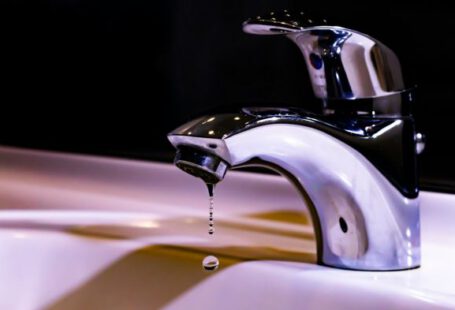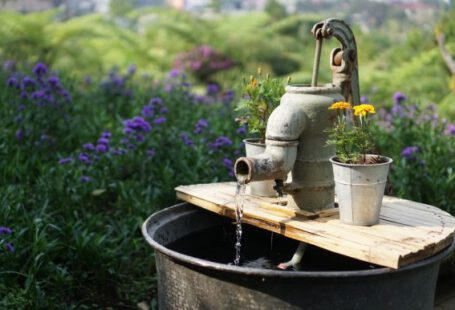Installing a new kitchen sink can be an exciting project for homeowners who are looking to update their kitchen. However, it can also be a daunting task if you have never attempted a similar project before. Many people wonder if they should tackle this project themselves or hire a professional. In this article, we will explore the pros and cons of a DIY kitchen sink installation.
Benefits of DIY Kitchen Sink Installation
Cost Savings:
One of the biggest advantages of doing the installation yourself is the potential cost savings. Hiring a professional plumber can be quite expensive, and by doing it yourself, you can save a significant amount of money.
Sense of Achievement:
DIY projects can be incredibly rewarding, and installing a kitchen sink is no exception. Successfully completing the installation can give you a sense of accomplishment and pride in your work.
Flexibility:
When you choose to install your kitchen sink yourself, you have complete control over the timeline and schedule. You can work at your own pace and complete the project whenever it is convenient for you.
Factors to Consider Before DIY Installation
Skill Level:
Before deciding to tackle the installation yourself, it is essential to assess your skill level. Do you have experience with similar projects? Are you comfortable working with plumbing and tools? If you are unsure, it may be best to consult with a professional.
Time and Effort:
Installing a kitchen sink is not a quick task. It requires careful planning, measuring, and precise installation. Consider whether you have the time and patience to commit to this project. It may take longer than you anticipate.
Tools and Equipment:
Proper tools and equipment are necessary for a successful installation. Make sure you have all the required tools, including wrenches, screwdrivers, and pipe cutters. If you need to purchase or rent any tools, factor in the cost when considering the overall expense of the project.
Potential Challenges:
Installing a kitchen sink can present unexpected challenges. For example, you may encounter issues with the existing plumbing or encounter difficulty fitting the sink into the countertop. Being prepared for these challenges and having alternative plans in place is crucial.
Safety Concerns:
Working with plumbing systems involves potential safety hazards. If you are not familiar with plumbing codes and safety procedures, it may be best to leave the job to a professional. Incorrect installation can lead to leaks, water damage, and even potential health risks.
Conclusion: When to DIY and When to Hire a Professional
While installing a kitchen sink can be a DIY project, it is important to carefully consider your skill level, time commitment, and potential challenges. If you have prior experience with similar projects, possess the necessary skills, and have the time and patience to dedicate to the installation, doing it yourself can be a cost-effective and rewarding option.
However, if you are unsure of your abilities or encounter any complexities during the process, it is best to consult with a professional plumber. They have the expertise and knowledge to handle any challenges that may arise and ensure a proper and safe installation.
Ultimately, the decision whether to tackle a kitchen sink installation yourself or hire a professional depends on your comfort level, available time, and budget. By carefully weighing the pros and cons, you can make an informed decision that best suits your needs and ensures a successful outcome for your kitchen project.



